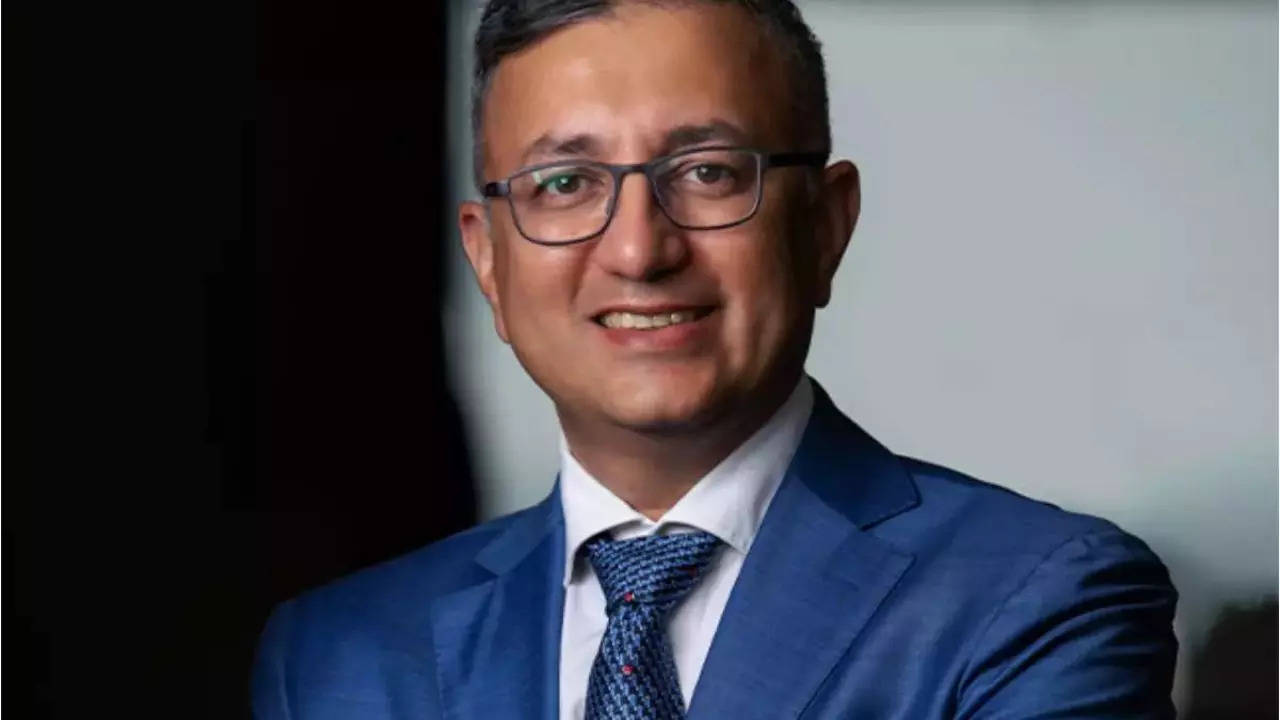MUMBAI: Education and healthcare billionaire Ranjan Pai has bought out US private equity fund Davidson Kempner’s interest in Aakash Institute, emerging as a white knight investor in the primary subsidiary of troubled edtech firm Byju’s.
Manipal Group chairman Pai has bought Davidson’s debt instruments in a deal worth Rs 1,400 crore, releasing the 27% stake held by the fund as collateral.
He is also in talks to acquire Aakash’s minority shareholders such as its founders, the Chaudhry family, and another US private equity fund Blackstone, which will increase his stake to 35% in the test prep unit. Aakash will be Pai’s top bet in terms of single investment. The billionaire will get two seats on the board of Aakash, including the right to appoint its chairman.
In a separate development, Byju’s received a setback after a US court ruled in favour of its lenders that their move to remove Riju Raveendran (brother of Byju’s founder Byju Raveendran) as the sole director and officer of the company’s American subsidiary Alpha and replacing him with their representative Timothy Pohl was valid.
The ruling issued on November 2 effectively places the lenders at the helm of Alpha, which had secured a $1.2-billion loan. Byju’s had also inked a financing agreement with Davidson for $250 million (Rs 2,100 crore). But, the US fund had released only $100 million (Rs 830 crore) and held back the balance amount after Byju’s failed to meet certain loan covenants tied to Aakash.
Now, with Pai buying Davidson’s debt investment, the dispute between Byju’s and Davidson gets settled. The deal also marks Pai’s entry into Aakash. Interestingly, not so long ago, his proprietary fund Aarin Capital was the first institutional investor in Byju’s.
Sources said Blackstone, which holds 12% in Aakash, will exit the test prep unit, selling its shares to Pai and others. Chaudhrys will see their share in Aakash fall to 8.5% from 18%, while Byju’s holding company Think and Learn will increase its stake in the test prep unit to 51% from 43%. In the November 2 ruling, the US court cited instances of default by Byju’s to arrive at its conclusion. “…the WhiteHat guarantee default gives rise to an event of default…it is undisputed that WhiteHat, to date, has not acceded as a guarantor”.
Manipal Group chairman Pai has bought Davidson’s debt instruments in a deal worth Rs 1,400 crore, releasing the 27% stake held by the fund as collateral.
He is also in talks to acquire Aakash’s minority shareholders such as its founders, the Chaudhry family, and another US private equity fund Blackstone, which will increase his stake to 35% in the test prep unit. Aakash will be Pai’s top bet in terms of single investment. The billionaire will get two seats on the board of Aakash, including the right to appoint its chairman.
In a separate development, Byju’s received a setback after a US court ruled in favour of its lenders that their move to remove Riju Raveendran (brother of Byju’s founder Byju Raveendran) as the sole director and officer of the company’s American subsidiary Alpha and replacing him with their representative Timothy Pohl was valid.
The ruling issued on November 2 effectively places the lenders at the helm of Alpha, which had secured a $1.2-billion loan. Byju’s had also inked a financing agreement with Davidson for $250 million (Rs 2,100 crore). But, the US fund had released only $100 million (Rs 830 crore) and held back the balance amount after Byju’s failed to meet certain loan covenants tied to Aakash.
Now, with Pai buying Davidson’s debt investment, the dispute between Byju’s and Davidson gets settled. The deal also marks Pai’s entry into Aakash. Interestingly, not so long ago, his proprietary fund Aarin Capital was the first institutional investor in Byju’s.
Sources said Blackstone, which holds 12% in Aakash, will exit the test prep unit, selling its shares to Pai and others. Chaudhrys will see their share in Aakash fall to 8.5% from 18%, while Byju’s holding company Think and Learn will increase its stake in the test prep unit to 51% from 43%. In the November 2 ruling, the US court cited instances of default by Byju’s to arrive at its conclusion. “…the WhiteHat guarantee default gives rise to an event of default…it is undisputed that WhiteHat, to date, has not acceded as a guarantor”.






